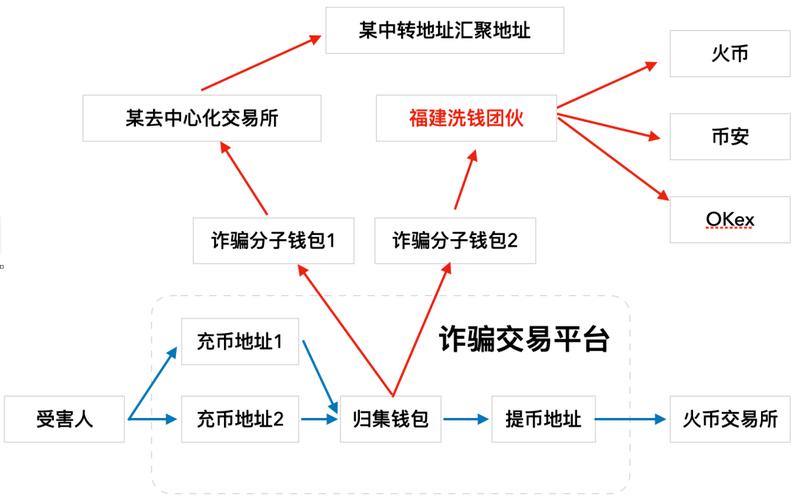Title: Understanding the Bitcoin Transaction Process
Bitcoin transactions are at the core of the cryptocurrency's functionality. They involve the transfer of value between Bitcoin wallets and are recorded on the blockchain, a decentralized ledger. Understanding the Bitcoin transaction process is essential for anyone looking to engage with the cryptocurrency. Below, we'll delve into the key steps involved in a Bitcoin transaction and provide insights into how the process works.
1. Wallet Selection:
Before initiating a Bitcoin transaction, you need a Bitcoin wallet. Wallets come in various forms, including software wallets (desktop or mobile), hardware wallets (physical devices), and paper wallets (physical documents). Choose a wallet that suits your needs in terms of security and convenience.
2. Generating a Transaction:
To send Bitcoin, you'll need the recipient's Bitcoin address. This address is a string of alphanumeric characters representing their wallet. In your wallet software, you specify the recipient's address, the amount of Bitcoin to send, and any transaction fees you're willing to pay. The wallet then constructs a transaction using this information.
3. Digital Signature:
Once the transaction details are finalized, your wallet uses your private key to create a digital signature. This signature is a cryptographic proof that you are the owner of the Bitcoin being spent. It ensures that only you can authorize the transaction.
4. Broadcasting the Transaction:
After creating the digital signature, your wallet broadcasts the transaction to the Bitcoin network. Nodes in the network receive the transaction and verify its validity. Verification involves ensuring that you have sufficient Bitcoin in your wallet to cover the transaction amount and that the digital signature is valid.
5. Inclusion in a Block:
Valid transactions are grouped together into blocks by miners, who compete to solve complex mathematical puzzles. The first miner to solve the puzzle adds the block of transactions to the blockchain. This process is known as mining. Once a block is added to the blockchain, the transaction it contains is considered confirmed.
6. Confirmation:
Bitcoin transactions are considered "confirmed" once they have been included in a block on the blockchain. The number of confirmations indicates how many blocks have been added on top of the block containing your transaction. The more confirmations, the more secure the transaction. For most transactions, a single confirmation is sufficient, but for highvalue transactions, it's advisable to wait for multiple confirmations.
7. Fee Structure:
Bitcoin transactions may incur fees, which serve as an incentive for miners to prioritize including your transaction in a block. The fee amount is determined by various factors, including network congestion and the size of the transaction in bytes. Generally, higher fees result in faster confirmation times, while lower fees may lead to delays.
8. Transaction Finality:
Once a transaction is confirmed and added to the blockchain, it becomes irreversible. Bitcoin transactions are designed to be immutable, meaning they cannot be altered or reversed. It's crucial to doublecheck all transaction details before sending Bitcoin, as mistakes cannot be easily rectified.
9. Privacy Considerations:

While Bitcoin transactions are pseudonymous, meaning they are not directly tied to your realworld identity, they are recorded on a public ledger accessible to anyone. As a result, it's essential to practice good privacy practices, such as using different addresses for each transaction and employing privacyenhancing technologies like CoinJoin.
In conclusion, the Bitcoin transaction process involves several steps, from selecting a wallet to confirming the transaction on the blockchain. Understanding these steps is crucial for safely and effectively engaging with Bitcoin. By following best practices and staying informed about the latest developments, you can navigate the world of Bitcoin transactions with confidence.
Guidance for Bitcoin Users:
Choose a reputable and secure Bitcoin wallet that meets your needs.
Doublecheck transaction details before sending Bitcoin to ensure accuracy.
Stay informed about transaction fees and adjust them based on network conditions.
Practice good privacy habits to protect your identity and financial information.
Keep abreast of developments in the Bitcoin ecosystem to stay informed about best practices and emerging technologies.
版权声明
本文仅代表作者观点,不代表百度立场。
本文系作者授权百度百家发表,未经许可,不得转载。

















评论